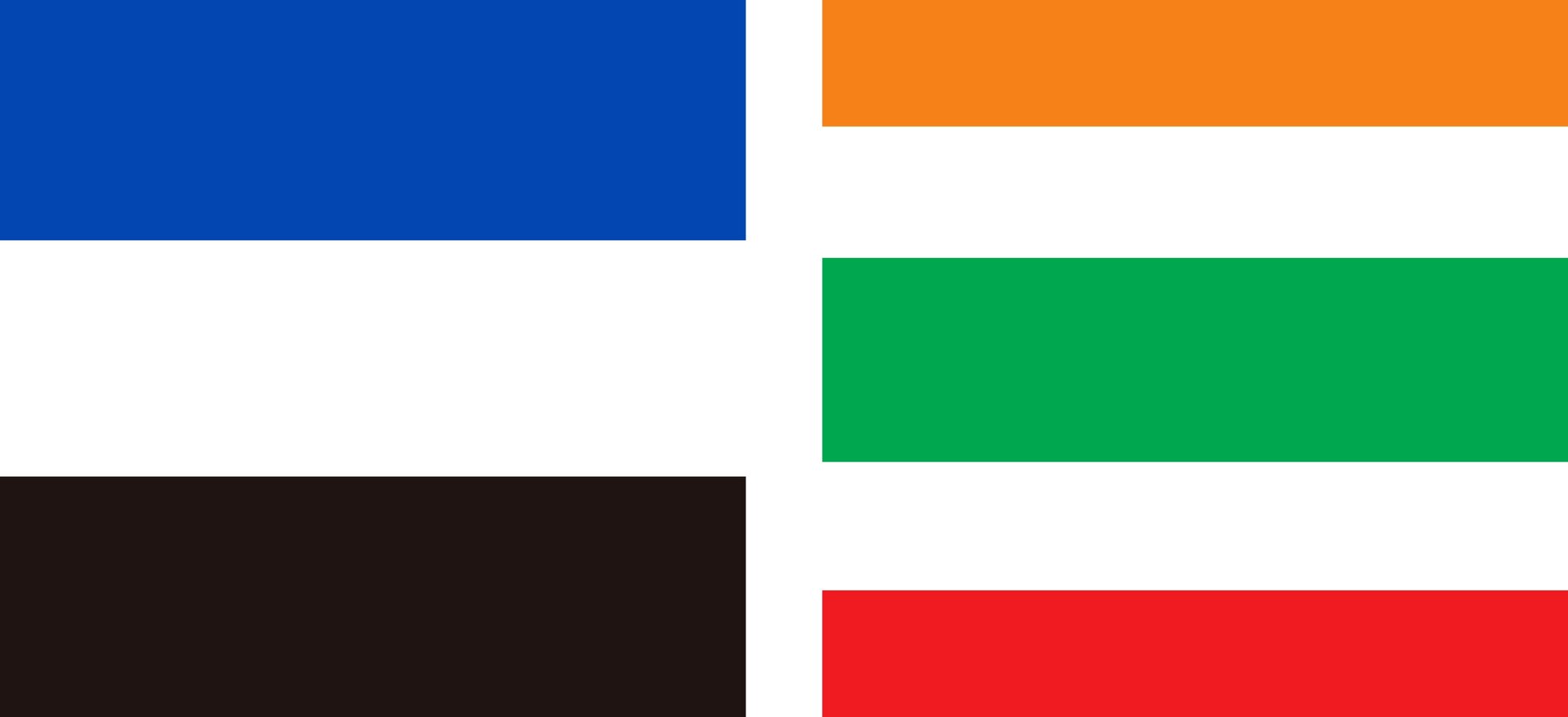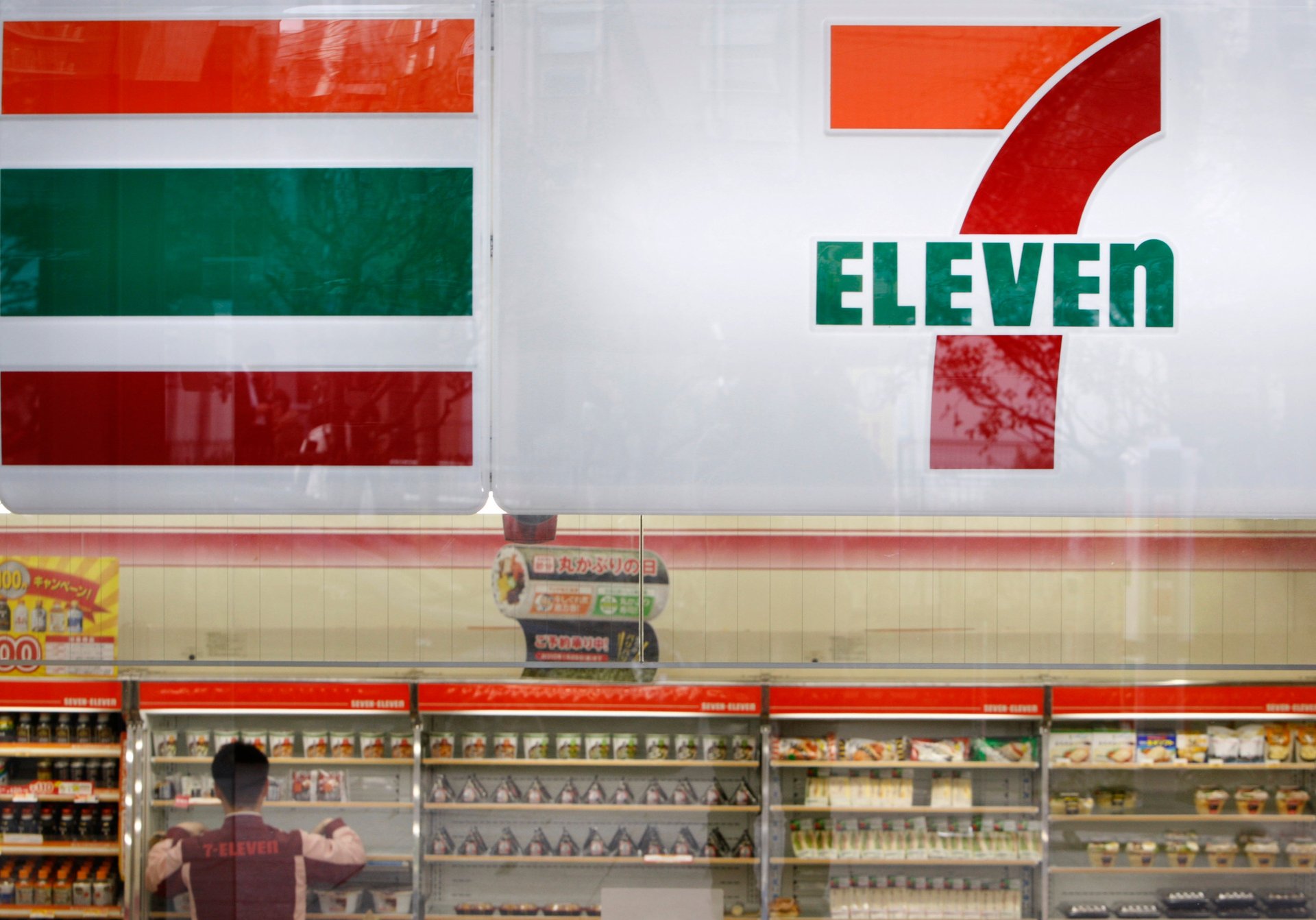Japan’s first color trademarks go to a humble pencil eraser and a convenience store chain
From Tiffany & Co.’s robin’s-egg blue to Coca-Cola’s red, it’s common for global brands to license signature colors to protect their visual identity. Japan has recently embraced this idea and is now granting trademarks for combinations of colors associated with commercial products and services.


From Tiffany & Co.’s robin’s-egg blue to Coca-Cola’s red, it’s common for global brands to license signature colors to protect their visual identity. Japan has recently embraced this idea and is now granting trademarks for combinations of colors associated with commercial products and services.
In a March 1 bulletin, Japan’s Ministry of Economy, Trade and Industry announced that it has approved the trademark for the blue-white-black package color of the Mono eraser and the gold-green-red color scheme of 7-Eleven stores. These are the first two color palettes recognized by the Japan Patent Office (JPO). Prior to the 2015 policy update, color was considered an aspect of a logo or a word mark and could not be trademarked as a standalone element in Japan.
“A new type of trademark is expected to play a major role in corporate brand strategy as a means of disseminating various brands other than languages,” explained Sunao Sato, director of JPO’s trademarks division.
Tombow Pencil, which produces the iconic erasers, and Seven & I Holdings, the company behind 7-Eleven convenience stores, now have the exclusive right to use these color combinations for the packaging and branding of their registered products. (This means that local copycat business like 7-Mercy will be in violation of another set of proprietary assets.)

Since JPO opened possibilities for getting a trademark for signature-branding elements like color, they’ve been deluged with over 1,500 applications. The first color-palette trademark recipients represent two of Japan’s most ubiquitous brands.
Packaged in its distinct tricolor cardboard sleeve, the Mono pencil eraser is a popular stationery item in Japan. It first appeared on the tip of the Mono 100 pencil in 1967 and was marketed as a standalone product two years later. The humble masterpiece—recently immortalized in Uniqlo tshirts—received the prestigious ”Good Design Award” in 2011.
Japan has the most number of 7-Eleven stores in the world. The 24-hour stores blanket the Japanese archipelago with over 17,000 outlets, offering groceries, tasty pre-cooked meals, MUJI products, wi-fi hotspots, ATM access, and restrooms. Seven & I Holdings saved the 90-year-old US chain from bankruptcy in 1991 and now owns a majority of its shares.